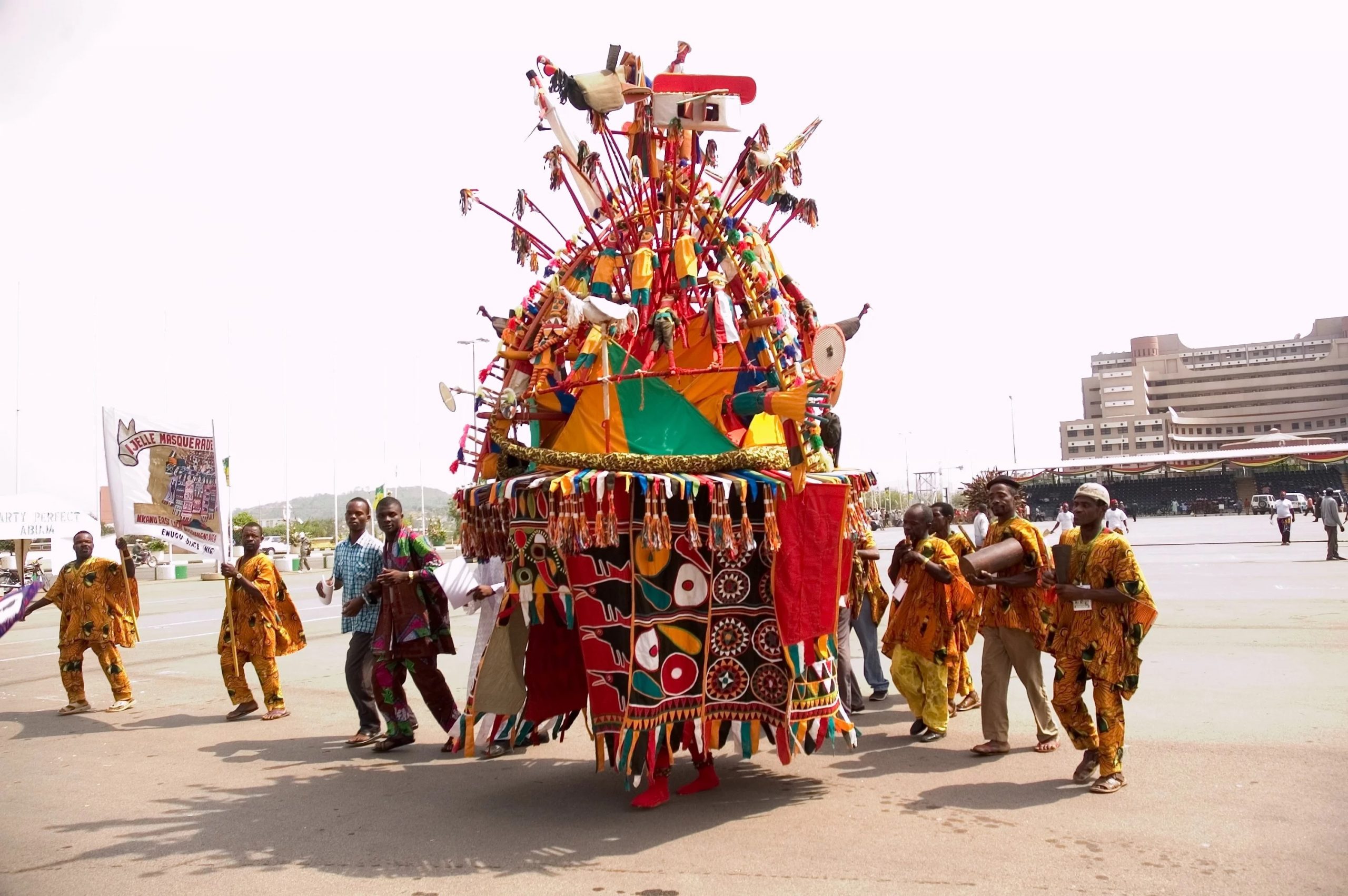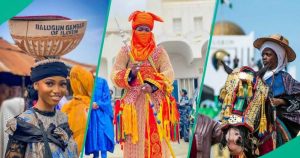What is the significance of masquerades in Nigerian festivals?
During a festival event, there are a lot of significant ceremonies that add up to make the festival truly amazing. The role of masquerades in Nigerian festivals is truly something to know.
Masquerades are very significant in Nigerian festivals, serving as a crucial aspect of cultural expression and spiritual belief. Rooted in ancient traditions, masquerades are more than mere festive entertainment; they symbolize various Nigerian communities’ rich heritage, social values, and religious practices.
One of the primary roles of masquerades is to act as a bridge between the spiritual and physical worlds. They are believed to embody ancestral spirits, deities, or mythological beings, and through their performances, they connect the living with their ancestors and gods. This connection is essential for many Nigerian ethnic groups, as it is thought to bring blessings, protection, and guidance.
In addition to their spiritual significance, masquerades play a vital role in social cohesion and community identity. The elaborate costumes and masks, often handcrafted with intricate details, reflect the artistry and creativity of the community. These performances are communal events that foster unity, as they involve group participation in preparation, singing, drumming, and dancing. They also serve as a medium for storytelling, preserving historical narratives, moral lessons, and cultural values through their enactments.
Masquerades also have a regulatory function in society. In some communities, they are used to enforce social norms and order. The anonymity of the masquerader allows them to address issues such as justice, discipline, and moral conduct without personal bias or fear of retribution. This aspect of masquerades underscores their role in maintaining societal balance and governance.
Furthermore, masquerades contribute significantly to the economic aspect of festivals. These events attract tourists, both local and international, generating revenue for the community. The sale of masks, costumes, and other cultural artifacts also supports local artisans and contributes to the preservation of traditional crafts.
In conclusion, masquerades in Nigerian festivals are multifaceted, encompassing spiritual, social, regulatory, and economic dimensions. They are a testament to the enduring legacy of Nigerian cultural heritage, reflecting the deep-seated beliefs, artistic expression, and communal values that define the country’s diverse ethnic groups. Through masquerades, the past is honored, the present is celebrated, and the future is guided, ensuring the continuity of cultural traditions for generations to come.














Post Comment